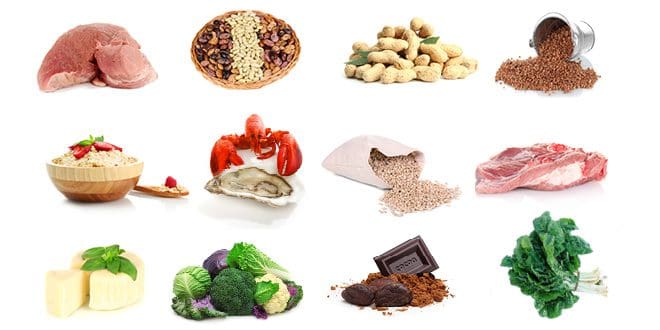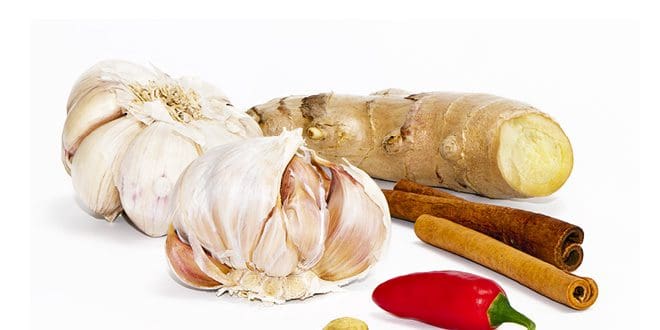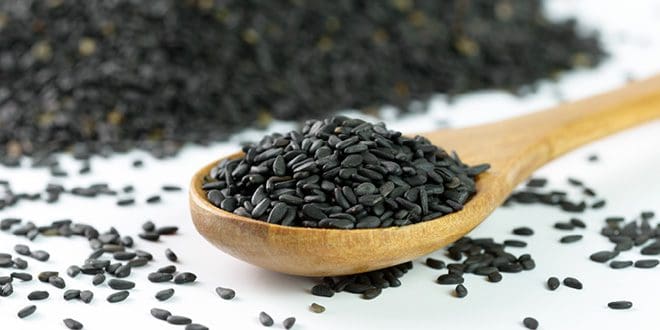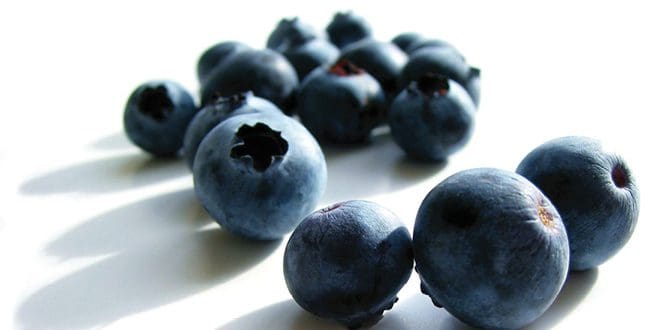Beating the Blues with whole foods.
Nutritional Medicine- What to eat to keep that head space positive!
If you are feeling a little low and lacking your regular get up and go- god forbid the loss of your mojo – that does not have to mean your depressed -you don’t have to head straight to the doctor for conventional medical treatment. I was once thrown a packet of anti depressants by a doctor after a five minute consultation; I scrunched my nose and thought “what- really, uuum – a drug, surely there are other methods to treat me for feeling a little sorry for myself at the moment??? This was long before my own knowledge and eventual tertiary education in Nutritional Medicine and natural therapies. I did what most people do, I went to the Doctors, my first thought was a Doctor, not a Nutritionist or a Naturopath. Now its not a Doctors fault that their first line of treatment protocol is with the use of drugs- after all, that is their modality of treatment- that is how a regular GP is trained in medical school. Enter holistic Doctors- an holistic doctor such as Dr Cabot will ensure you are more likely to be commenced on a treatment of Complementary Medicines & Natural Therapies before opting for a drug. Let’s not forget that amongst a long list side effects which most people dont care to read on the side of the pack, pharmaceutical drugs may induce a fatty liver and can also be habit forming.
Good Nutrition, positive self talk and being conscious of negative thought processes may be all you need to pull yourself out of that negative head space – that temporary mood! Cognitive and behavioural therapy – learning how to think and behave in a productive way – takes time, practise and discipline. Negative thinking will create negative emotions, so if we learn to counteract negative thoughts with rational and or positive thoughts, we may avoid sad and anxious emotions.
Is it depression, or is your lowered mental state just one of life’s “less than finer” moments that is getting you down? We all have them, its just the way each of us chose to deal with those moments of adversity that makes the difference – it can be all the difference between a simple case of being “bummed out” morphing into something a little more serious like Reactive Depression – a type of depression that involves a reaction to upsetting situations in life (death, trauma, job loss etc) but the degree of distress is greater than usual or average. This type of depression is more intense than the usual feeling of unhappiness felt in daily life and lasts longer.
Id like to address that this article is not for those that have been diagnosed with clinical depression – The nutritional recommendations I give will absolutely help you and id recommend you incorporate these suggestions into your day, however I am focusing more on elevating a general low mood. Some people are unfortunate enough to truly suffer with diagnosed imbalances in brain chemistry which can lead to psychotic depression, obsessive compulsive depression, bipolar mood disorder – also known as manic depression and finally- post natal depression – All of which are serious mental illness’ that have a real risk of suicide. Clinical depression needs to be addressed with professional consultation. In this article I am talking about lowered mood & seasonal depressive disorder.
The following factors increase the risk of suicide in those that are truly depressed: Male sex, unemployment, Isolation, being divorced – separated or socially alone, drug or alcohol abuse, older age group, chronic medical illness or pain, access to firearms, past history of suicide attempts, making active plans for suicide, organising a will and saying goodbyes.
(SAD) Seasonal Depressive disorder
Seasonal affective disorder is a type of depression that affects a person during the same season each year. If you get depressed in the winter but feel much better in spring and summer, you may have Seasonal depressive disorder. Anyone can get SAD, but it is more common in people who live in areas where winter days are very short or there are big changes in the amount of daylight in different seasons. SAD may be caused by a lack of sunlight which affects your circadian rhythm and also the production of serotonin. Symptoms of SAD can include feeling sad, grumpy, moody or anxious. You may eat more carbs, lose interest in usual activities. I suppose SAD could also be described as the winter blues.
What to do if your feel like you are suffering with Seasonal Depressive Disorder.
Eat more like you do in the warmer months – incorporating fresh fruits, salads, leafy greens and good quality protein in your diet – Hemp Seed, fish and organic chicken are quality choices. Eat foods that are high in Tryptophan and amino acids. Incorporating these foods will increase neurotransmitter production and it is your serotonin neurotransmitter that may be a little low. Omega 3 fatty acids are essential- if you are not eating enough Salmon, walnuts, ground flax seeds, chia seeds, it may be a good idea to supplement with a good quality practitioner brand Liquid Fish Oil- yes, liquid- it is much stronger than the fish oil you will find in a capsule. Make sure you increase your Vitamin D, do you even know what your serum Vitamin D levels are? Most people are extremely deficient in Vitamin D, a hormone found to be low in those with depression. A holistic Dr Naturopath or Nutritionsit will have a different opinion on what level of Vitamin D is considered adequate or optimal than what most regular medical GP’s do. Of course the weather makes it difficult, weather is usually the whole cause of SAD, so be conscious to keep your body moving, a regular exercise routine is critical –crucial to a positive mental outlook. Ok- so you may not be doing your regular 10K seaside jog every day- sucking up those morning sun rays, energizing oceanic Ions, Iodine and fresh air, but you can still find a way to sweat it up- and that IS the key- working up a sweat to increase serotonin, move that lymph and increase oxygen. Be conscious to keep your body moving each day. Winter is a great time for Bikrams yoga perhaps? There are lots of indoor gym options if the rain is relentless.
Incorporate as many foods with as much variety as you can. Food IS what our body regenerates with – the quality of our mental state, sex hormones, hair, skin, blood, white cells, red cells, lymphatic system, cellular immunity- susceptibility to auto immune disease, every single aspect of our body and the quality of your body and all its parts depends on what you energize and regenerate those parts with – WHAT NUTRIENTS YOU PUT IN. Of cooourse a hamburger, ice-cream, pizza, lollies all taste great to most of us, but they are fun fat foods. They do not keep us out of cellular degeneration – they in fact induce cellular damage, oxidation, ageing and an early death. Gluten is a well documented example of a food that can induce depression, so be aware of what you eat and eat to live- quite literally, eat to get the most out of your life – to get the best quality out of every aspect of your life! To be energized and positive!!!!
From Dr Cabot’s book titled “Help for Depression & Anxiety” I have taken this list of Antidepressant Nutrients and their food sources. Help Depression & Anxiety is written to provide you with practical help to overcome emotional illness, stress, anxiety and unhappiness.
| Omega 3 fatty acids | Oily fish (salmon, sardines, mackerel, anchovies, tuna, trout, herrings, fish oils, krill oil, flaxseeds, walnuts, green leafy vegetables, organic eggs. |
| Magnesium | Green leafy vegetables, green herbs, nuts, seeds, molasses, kelp |
| Zinc | Seafood, miso, red meat, liver, mushrooms, green leafy vegetables |
| Vitamin D | Sunlight, Oily Fish, Liver, cod liver oil, milk, eggs |
| Vitamin B12 | Meat, seafood, dairy products, organic or free range eggs, poultry |
| Vitamin C | Citrus fruits capsicum, parsley, kiwifruit, berries, pawpaw, mango, tomato |
| Vitamin B3 | Poultry, seafood, red meat, liver, tomato, lettuce, mushrooms, |
| Vitamin B1 | Tuna, peas, eggplant, sunflower seeds, mushrooms, asparagus, spinach, celery |
| Vitamin B2 | Dairy products, eggs, mushroom, liver, asparagus, broccoli, silverbeet |
| Vitamin B5 | Eggs, yoghurt, strawberries, tomato, sunflower seeds, liver, mushrooms, broccoli, cauliflower |
| Vitamin B6 | Mushroom, cabbage, banana, garlic, capsicum, seafood, spinach, cauliflower, asparagus |
| Folic acid | Green leafy vegetables, cauliflower, asparagus, lentils |
| Potassium | Molasses, mushroom, cucumber, squash, fennel, silverbeet, spinach, lettuce, bananas, most fruits |
| Tryptophan | Seafood, poultry, meat, dairy products, avocados, eggs, wheatgerm, banana |
| Tyrosine | Milk and cheese, poultry, fish, almonds, bananas, red meat and avocados, eggs |
| Iodine | Seaweed, iodised salt, wild (not farmed) fish |
| Dopamine and noradrenaline rich foods | Avocado, lime beans, bananas, almonds, pumpkin seeds, sesame seeds, cheese. |








Leave A Comment